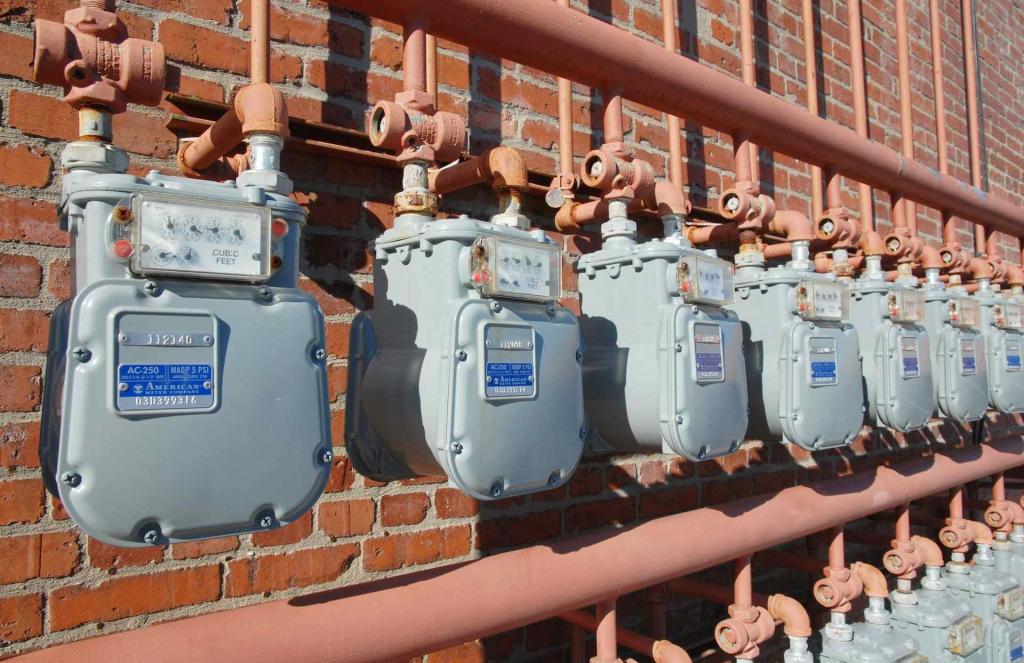Thessaloniki gets ready for its metro launch in November
The underground rapid transit lines have been under construction for almost two decades due to various project delays
 TheMayor.EU logo
TheMayor.EU logo 
Germany may have to limit energy consumption by 20% instead of 15%, Source: Robert Linder / Unsplash
The plan envisions an energy bonus covering one month’s worth of bills in 2022 and a price break in early 2023
Today, Germany’s expert commission, tasked with developing measures to ease the gas crisis, delivered a set of policy proposals to Chancellor Olaf Scholz. The commission’s plan envisions a two-step system that could end up costing the German Federal Government around 35 billion euros if the Bundestag decides to adopt all proposals.
The draft plan proposes offering immediate relief for households and businesses in 2022, while the period between 2023 and 2024 could bring price breaks for consumers.
While the propositions of the commission were handed to the Chancellor’s office with unanimous approval, Reuters reports that members have spoken out, saying it offers little in the way of incentivising citizens to curb gas consumption.
This could prove to be a real issue despite German gas reserves sitting at 93.03%, as of 7 October, according to an official government statement. This is because of the high consumption of both private households and industry.
The situation would force Germany to maintain an energy savings policy and cut its consumption by 20%, rather than the 15% mandated by the EU Commission for other member states. This figure and predictions for winter scenarios are still not set in stone though, as the situation is still subject to change depending on the price of natural gas on the free market and temperatures during the winter months.
A key thing to remember is that the current proposal is a draft, submitted by the expert commission that still needs to go through the German Parliament. Nevertheless, the policy proposal puts the bill for these energy measures at just 35 million euros by early 2024.
This sum should be covered by Chancellor Scholz’s proposed 200 billion relief package, announced last month to help Europe’s largest economy through the energy crisis.
The plan envisions a 5-billion-euro energy bonus for households and small and medium-sized businesses. The bonus would cover energy bills for one month, most likely in December.
Meanwhile, the second stage of energy aid should kick in March-April 2023 and should last for about one year, as Reuters reports. It should cap the price of energy at about 12-14 cents per kilowatt hour, while the rest 60% to 80% should be covered by the state and the rest – by consumers.

The underground rapid transit lines have been under construction for almost two decades due to various project delays

Now you can get your wine in Talence by paying directly in Bitcoin

That’s because the state has to spend money on updating the railway infrastructure rather than subsidizing the cost of the popular pass

Rethinking renewable energy sources for the urban landscape

The examples, compiled by Beyond Fossil Fuels, can inform and inspire communities and entrepreneurs that still feel trepidation at the prospect of energy transition

Now you can get your wine in Talence by paying directly in Bitcoin

The 10th European Conference on Sustainable Cities and Towns (ESCT) sets the stage for stronger cooperation between the EU, national and local level to fast track Europe's transition to climate neutrality.

At least, that’s the promise made by the mayor of Paris, Anne Hidalgo

The underground rapid transit lines have been under construction for almost two decades due to various project delays

At least, that’s the promise made by the mayor of Paris, Anne Hidalgo

Hostal de Pinós is located in the geographical centre of the autonomous region

Despite its church-y name, the district has long been known as the hangout spot for the artsy crowds

Urban dwellers across the EU are having a say in making their surroundings friendlier to people and the environment.

Forests in the EU can help green the European construction industry and bolster a continent-wide push for architectural improvements.

Apply by 10 November and do your part for the transformation of European public spaces

An interview with the Mayor of a Polish city that seeks to reinvent itself

An interview with the newly elected ICLEI President and Mayor of Malmö

A conversation with the Mayor of Lisbon about the spirit and dimensions of innovation present in the Portuguese capital














